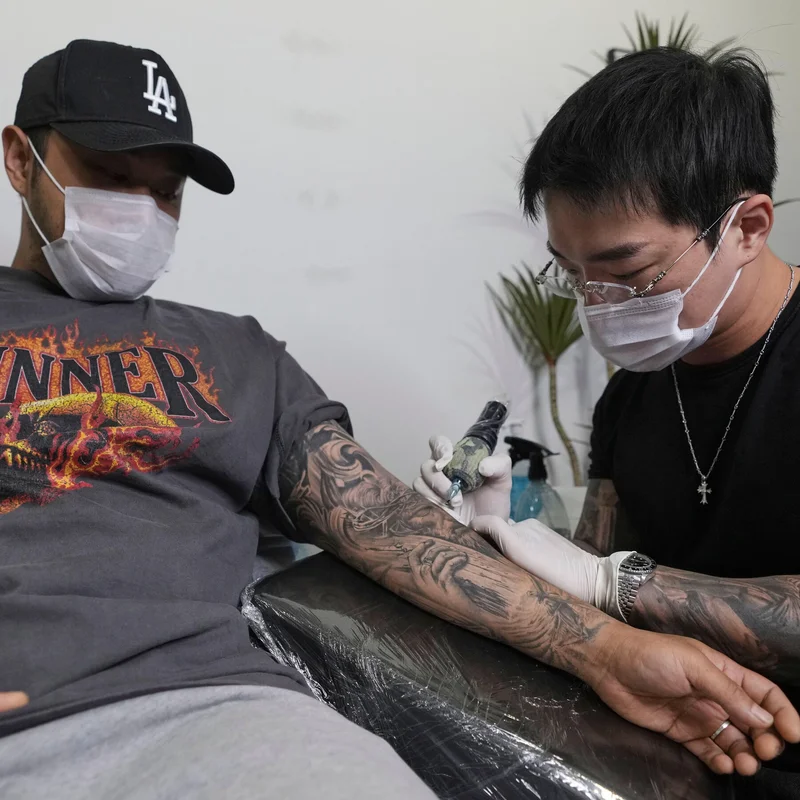In a landmark shift for personal expression and creative rights, South Korea has passed legislation to legalize tattoo artists—ending a decades-long ban that forced practitioners underground and stigmatized body art as criminal or deviant .
The National Assembly approved the bill on September 25, 2025, and President Lee Jae Myung is expected to sign it into law within weeks. Once enacted, tattoo artists will be able to operate legally by obtaining a government-issued license and adhering to new health and safety standards .
From Criminalized to Legitimized: A Cultural Turning Point
For over 30 years, South Korea’s Supreme Court classified tattooing as a medical procedure—meaning only licensed physicians could legally perform it. Anyone else faced fines up to $36,000 or potential jail time .
Despite the ban, tattoos flourished in secret. Government estimates suggest:
- 350,000 unlicensed tattoo artists operate nationwide
- Over 1 million South Koreans have at least one tattoo
- Most studios operated in basements, backrooms, or unmarked buildings to avoid detection
🎨 Quote from the Field: “Now we can be proud of what we do for a living and work in spaces with large windows like hair salons,” said Heo Jun-ho, a Seoul tattoo parlor manager .
Historical Roots of Tattoo Stigma
Tattoos in Korea carry deep historical baggage:
Forced facial/arm tattoos used to mark slaves and criminals.
Tattoos adopted by organized crime groups, reinforcing social taboo.
TV censors blur tattoos; celebrities like rapper Jay Park cover ink on air.
What the New Law Changes
The 2025 Tattoo Artist Licensing Act introduces a regulated framework:
| Before 2025 | After Law Takes Effect |
|---|---|
| Only doctors could legally tattoo | Any licensed artist may tattoo |
| No formal training or oversight | Government-approved certification required |
| Studios hidden, unregulated | Studios must meet hygiene/safety standards |
| Risk of fines or jail | Legal profession with consumer protections |
Political and Social Momentum
President Lee Jae Myung championed tattoo legalization during his 2022 campaign. Though he narrowly lost that election, he assumed office after President Yoon Suk Yeol’s impeachment in late 2024 and quickly revived the initiative .
The Constitutional Court had previously upheld the ban in a 5–4 ruling just months before the 2022 election—but public opinion has shifted dramatically, especially among younger South Koreans who view tattoos as art, not rebellion.
Global Context: Where South Korea Stands
South Korea was one of the last developed nations to criminalize non-medical tattooing. The move aligns it with global norms:
- ✅ Japan legalized tattooing in 2020 after similar underground culture
- ✅ United States, Canada, EU have long regulated tattooing as a licensed trade
- ⚠️ North Korea still bans tattoos entirely
For more on global shifts in body art regulation, see our feature on tattoo laws around the world.
For authoritative insight into cultural policy reform in Asia, refer to the Brookings Institution’s Asia Program.




